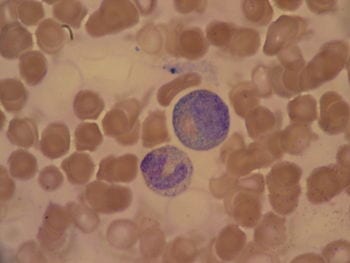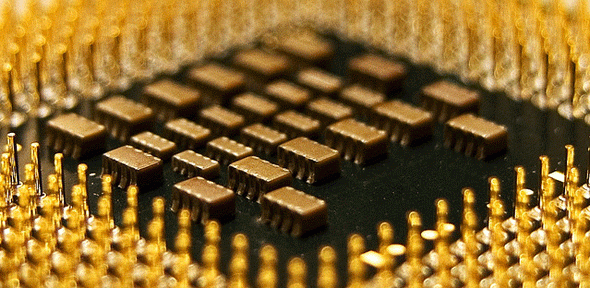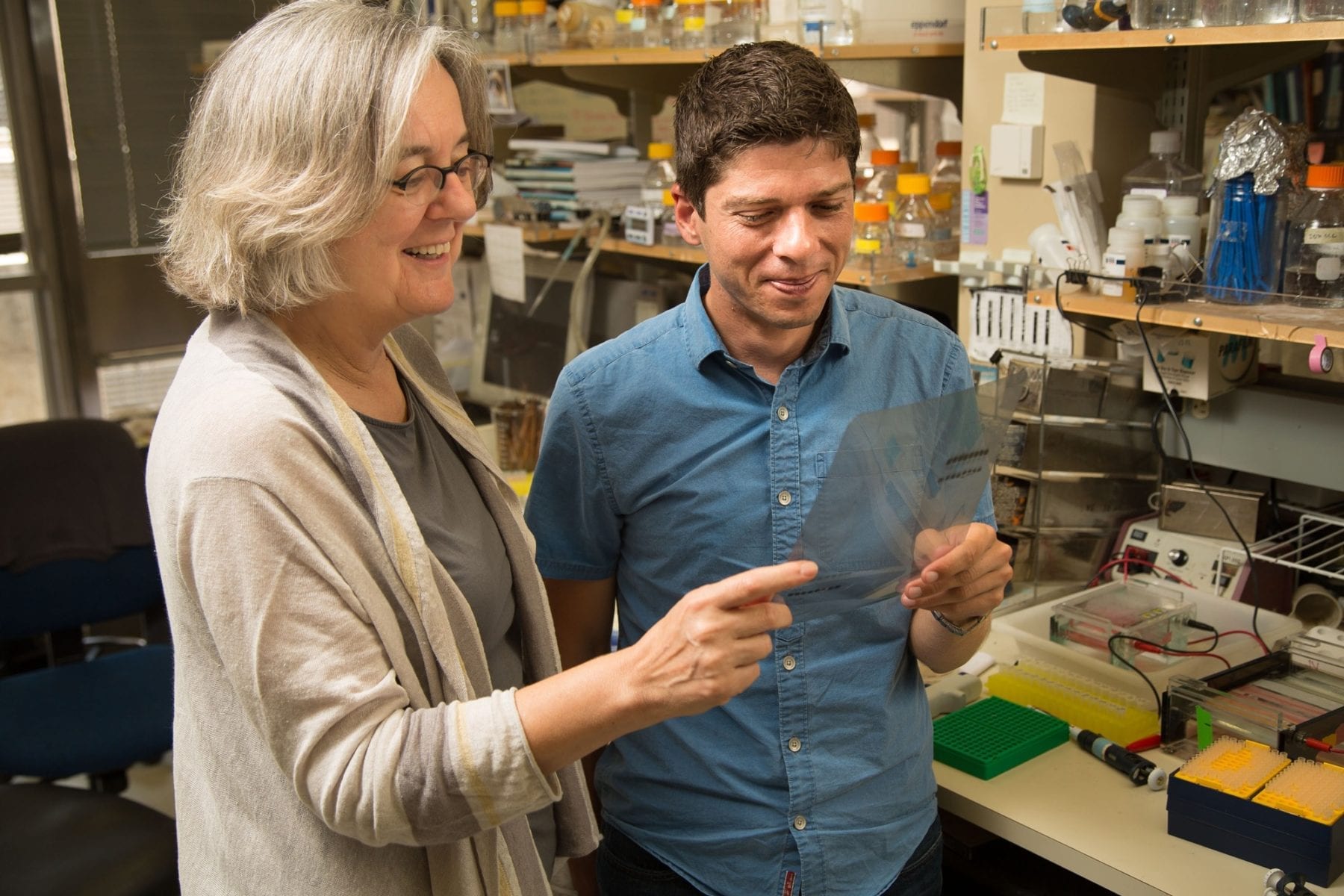
The fast and safe technique developed at the Salk Institute circumvents problems that have hindered regenerative medicine
For the first time, scientists have turned human skin cells into transplantable white blood cells, soldiers of the immune system that fight infections and invaders. The work, done at the Salk Institute, could let researchers create therapies that introduce into the body new white blood cells capable of attacking diseased or cancerous cells or augmenting immune responses against other disorders.
The work, as detailed in the journal Stem Cells, shows that only a bit of creative manipulation is needed to turn skin cells into human white blood cells.
“The process is quick and safe in mice,” says senior author Juan Carlos Izpisua Belmonte, holder of Salk’s Roger Guillemin Chair. “It circumvents long-standing obstacles that have plagued the reprogramming of human cells for therapeutic and regenerative purposes.”
Those problems includes the long time—at least two months—and tedious laboratory work it takes to produce, characterize and differentiate induced pluripotent stem (iPS) cells, a method commonly used to grow new types of cells. Blood cells derived from iPS cells also have other obstacles: an inability to engraft into organs or bone marrow and a likelihood of developing tumors.
The new method takes just two weeks, does not produce tumors, and engrafts well.
“We tell skin cells to forget what they are and become what we tell them to be—in this case, white blood cells,” says one of the first authors and Salk researcher Ignacio Sancho-Martinez. “Only two biological molecules are needed to induce such cellular memory loss and to direct a new cell fate.”
The Latest on: Regenerative medicine
[google_news title=”” keyword=”Regenerative medicine” num_posts=”10″ blurb_length=”0″ show_thumb=”left”]
via Google News
The Latest on: Regenerative medicine
- QC Kinetix Breaks Into Top 10 on Entrepreneur’s 2024 New and Emerging Franchises Rankingon May 1, 2024 at 8:01 am
Regenerative Medicine Franchise Claims #9 Spot After Rapid Growth Nationwide CHARLOTTE, NC / ACCESSWIRE / May 1, 2024 / QC Kinetix, a ...
- Anova to Manage Study of DB107 Following Newly Awarded $11.8M CIRM Granton May 1, 2024 at 2:43 am
The Phase 1/2a clinical trial is a multicenter, open-label study designed to confirm whether treatment DB107, when added to standard-of-care (SOC), provides clinical benefit to patients with newly ...
- USC Scientists Rewrite Kidney Research With Groundbreaking Cell Cultivationon April 30, 2024 at 8:00 am
Researchers at USC have advanced kidney research by developing a new method to cultivate nephron progenitor cells from human stem cells. This method simplifies the process and enhances applications in ...
- Lineage Receives Grant From California Institute for Regenerative Medicine (CIRM)on April 30, 2024 at 5:00 am
Lineage Cell Therapeutics, Inc. (NYSE American and TASE: LCTX), a clinical-stage biotechnology company developing allogeneic cell therapies for unmet medical needs, today announced that the Company ...
- Regenerative Medicine Market Size Expected to Reach USD 154.05 Bn by 2033on April 26, 2024 at 8:10 am
The global regenerative medicine market size is expected to reach around USD 154.05 billion by 2033 increasing from USD 29.42 billion in 2023, growing at a healthy CAGR of 18% from 2024 to 2033.Ottawa ...
- Cabinet approves two bills on regenerative medicineon April 25, 2024 at 9:00 am
The draft regenerative medicine bill stipulates that only government-certified medical institutions can administer such treatments, with individuals or organizations that administer them without ...
- What Is Drug Repurposing And Why Is It A Game-Changer In Regenerative Medicine?on April 23, 2024 at 7:55 am
Repurposed drugs have already undergone rigorous testing for safety and efficacy in other medical conditions. It enables researchers to fast-track their investigations, saving time and resources.
- How Regenerative Medicine Can prevent Autism Spectrum Disorder, Expert Explainson April 22, 2024 at 11:51 pm
Central to regenerative medicine's approach to treating autism is the rejuvenation of damaged neural networks. Stem cell therapies hold promise for replenishing depleted or dysfunctional neural ...
- Kansas Regenerative Medicine Center celebrates 10 years of transformative healthcareon April 18, 2024 at 11:29 am
Milestone achieved by Kansas Regenerative Medicine Center as the organizations marks 10 years of helping patients.
- Immunotherapy Regenerative Medicine Clinic on Using Stem Cells to Activate the Body's Natural Healing Poweron April 18, 2024 at 10:02 am
Stem cell therapy, a cornerstone of regenerative medicine, has shown immense potential in treating autoimmune diseases, aging conditions, and ...
via Bing News










